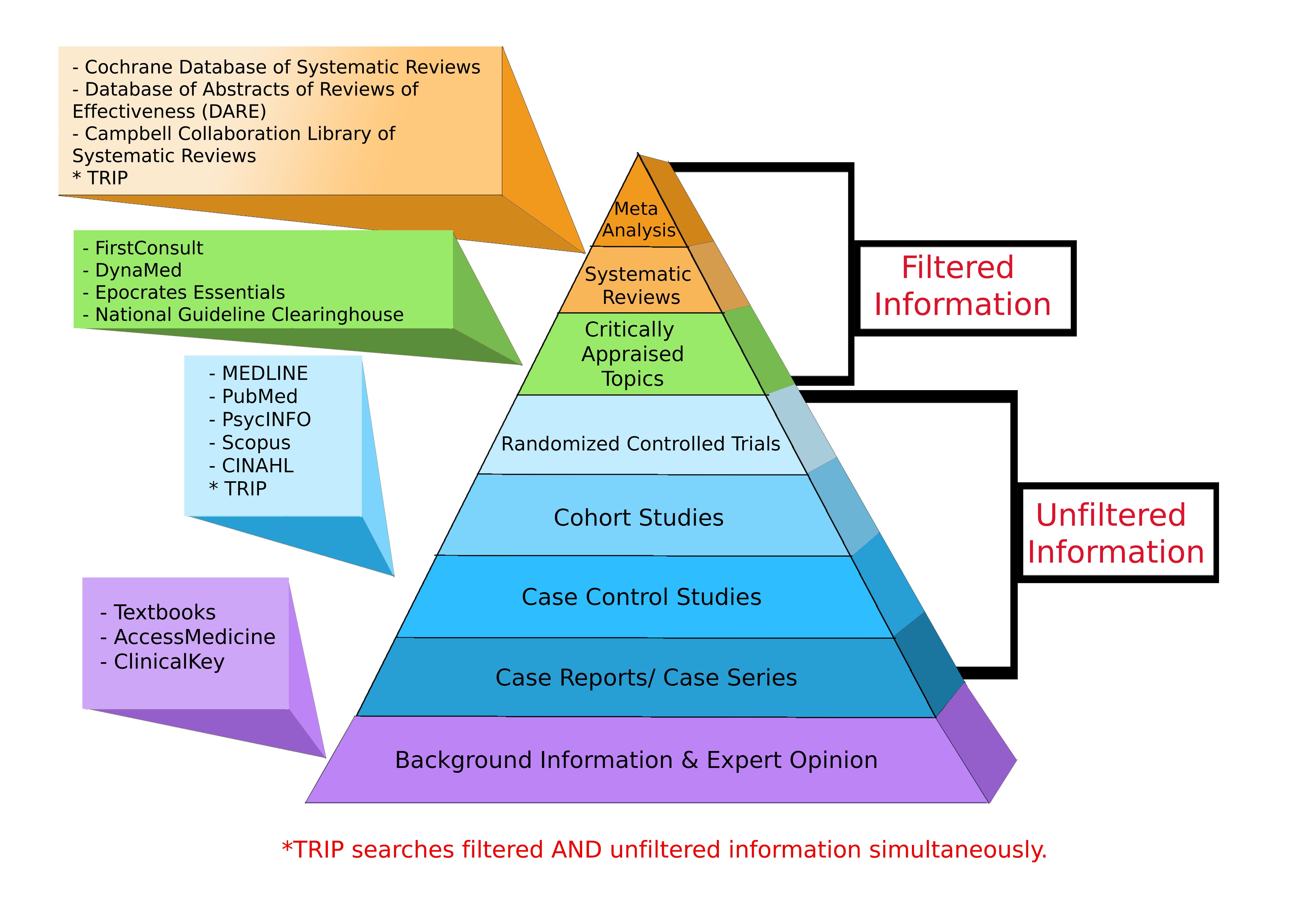Scholarly vs Popular
Evaluating Web Resources

Before using a web site look at the URL (web address) to identify the producer of the web site, and its purpose.
Look at the last final syllable in the domain name to evaluate who produced the site:
.gov = Government agency
.net = Internet Service Provider
.com = Commercial site
.edu = Higher education
.mil= Military site
.~ = ("tilde") Personal
.org = Organization
-
Evaluating Web Pages: Techniques to Apply & Questions to AskTechniques on evaluating web pages skillfully by U.C. Berkley
-
Healthy Web SurfingMedlinePlus tips on how to evaluate the quality of health information on Web sites.
-
Ulrich's Periodicals DirectoryUse Ulrichs to help verify if a journal is scholarly and peer-reviewed.
Is it Peer-Reviewed?
A peer reviewed journal is one in which articles are submitted to researchers who are experts in the field and its content and references are evaluated for accuracy before they are published.

Peer-reviewed journal articles will have the following characteristics:
- Abstract: Usually will include an "abstract" at the beginning of the article
- Authority: Author(s) identity and affiliation
- Length: Usually are lengthy articles
- Scientific Format: May follow a scientific format (Introduction, Methods, Results, Conclusion)
- References: References included the end of the article
Definition of key terms:
Peer-Reviewed: Part of the publication process for scholarly publications in which a group of experts examines a document to determine whether it is worthy of publication. Journals and other publications use a peer review process — usually arranged so that reviewers do not know who the author of the document is — to assess articles for quality and relevance.
Refereed Journal: A publication for which every submission is screened through a peer review process. Refereed publications are considered authoritative because experts have reviewed the material in advance of publication to determine its quality.
Scholarly Journal: A journal that is primarily addressed to scholars, often focusing on a particular discipline. Scholarly journals are often refereed publications and for some purposes may be considered more authoritative than magazines. Articles in scholarly journals usually are substantial in length, use specialized language, contain footnotes or endnotes, and are written by academic researchers rather than by journalists.
Levels of Evidence Pyramid
Levels of Evidence Pyramid created by Andy Puro, September 2014

Understanding a Study

The Study Design 101 tutorial is designed to help you understand the different kinds of studies and each studies strengths and weaknesses.




